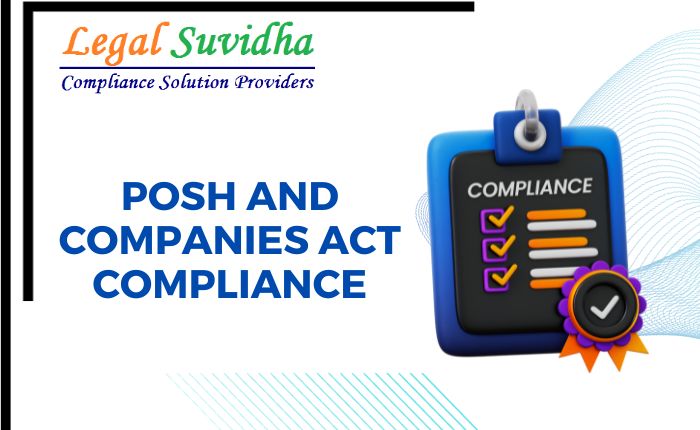The POSH Act, also known as the law against workplace harassment of women, is super important. It’s not just about following the law; it’s the right thing to do. It makes sure that women at work are safe and treated with respect. This law applies to every company or workplace with ten or more employees, no matter where they work or what they do.
Here are the main things this law says:
1. Making a Team to Deal with Complaints
Every company has to create a team called the Internal Complaints Committee (ICC) to handle complaints about harassment. This team should have:
- A senior woman from the company is the head.
- Two employees from the company, preferably those who care about women’s issues or know about the law.
- One person from an outside group that helps women.
This team’s job is to take complaints seriously, look into them, and make sure they’re handled fairly and quickly. The people on this team need to be paid for their work.
2. Making Rules to Prevent Harassment
Companies have to make rules that stop harassment from happening in the first place. These rules, called the Prevention of Sexual Harassment (POSH) policy, need to:
- Say clearly that they want to stop harassment.
- Explain who these rules apply to and where they work.
- Give a clear definition of what harassment is.
- Show what everyone needs to do when there’s a complaint.
- Tell what happens when someone does something wrong.
- Explain how someone can complain and what happens next.
- Say how people who have been hurt can get help.
- Make sure that everything stays private.
3. Educating Everyone About the Rules
Companies have to teach everyone about these rules. They need to:
- Regularly teach all employees about their rights and what they should do if they have a problem.
- Make sure the people on the ICC understand their job.
- Put up signs at work that say what happens if there’s harassment.
4. Reporting What’s Happening
Companies and the ICC have to tell what’s happening by writing reports:
- The ICC has to write a report every year about what they did.
- The district officer has to write a short report based on the ICC’s reports.
- Companies need to say in their reports how many complaints they got, what they did about them, and how many are still being looked at.
- Companies also have to say how many people they trained about these rules and if they did anything to help the people who complained.
All this reporting needs to be done by January 31st each year for the previous year.
Following the Law for Companies
Companies also need to follow another law called the Companies Act. This law says that companies have to tell in their reports if they are following the rules of the POSH Act. If they don’t, they can get into trouble.
What Happens if the Law Is Broken
If a company doesn’t follow the POSH Act, it can get fined. They might have to pay up to Rs. 50,000. If they don’t do what the ICC says, they can also be punished. If a company keeps breaking the law, they can get in even more trouble. They might have to pay bigger fines, and they might lose their license to do business.
In the end, following the POSH Act is not just about obeying the law; it’s about making sure workplaces are safe and respectful for everyone, especially women. This law is a big step toward that goal. By following these rules, companies can create a workplace where everyone feels safe and respected, and harassment is not tolerated.
If You have any queries then connect with us at [email protected] or [email protected] & Contact us & stay updated with our latest blogs & articles










